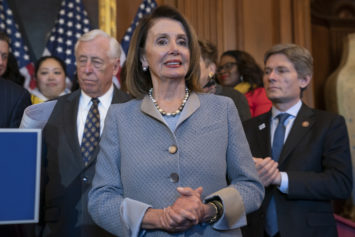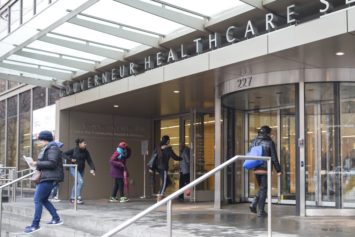
“As of this week, 400,000 additional Americans have signed up and we expect that number to continue to grow,” Sebelius said during testimony before the Senate Finance Committee.
Seven million signups were projected by the Congressional Budget Office before the HealthCare.gov website debacle last October. The CBO later revised its estimate to 6 million, but the numbers surpassed that benchmark in late March.
However, Republicans have criticized the government for not providing more detailed data on how many people have actually completed enrollment by paying their first month’s premium. It is estimated that 15 to 20 percent of those enrolled have not made their first payment, which is the last step to finalize coverage.
“It’s like Amazon.com taking stock of how many people have placed items in their shopping carts and then counting them as sales. In other words, it’s a false metric,” said Republican Sen. Orrin Hatch of Utah to Reuters.
Even if this group does not make their first payment, Obamacare may still work, but politically it would be touted as a failure.
Although the federal deadline of March 31 was extended to April 15 to allow those who has trouble with the website more time to sign up, some states have extended their deadlines further on their own exchanges.
“And we expect that number to continue to grow,” Sebelius testified at the hearing. “Many of the people I’ve met have told me that they’ve been able to get covered for the first time in years. And some have insurance for the first time in their entire lives.”
Medicaid guidelines had also been expanded to include 11.7 million eligible Americans, and about 3 million new members signed up during the enrollment period through Feb. 28. However, states that are still processing members through a paper system or old database have serious backlogs.
Sebelius admitted to knowing about the backlog and responded that they were putting pressure on those states and looking to see what penalties they could apply to those that could not processing applications in timely manner.
S.C. Rhyne is a blogger and novelist in New York City. Follow the author on Twitter @ReporterandGirl, http://Facebook.com/TheReporterandTheGirl and visit her website at http://www.SCRhyne.com


